By Dr Charles Margerison
Psychologist
How can we support students to succeed, not just in passing examinations but in having a satisfying life? That is a key aim of wellbeing education. The following are practical examples that fit with both classroom and online distance learning based on life psychology research.
To start, I reviewed the lives of amazing people who made outstanding contributions.
These are just three of the many amazing people who refused to accept the restrictions and limitations of their difficult situations and circumstances. Instead, they adopted an important purpose, which became the light that guided their work and wellbeing.

Amazing people triumphed not because they had money, power and education. They succeeded because they had a purpose and determination.
That is why I have established educational initiatives to help students become ‘can do kids’; and develop their own ‘can do spirit.’
The start point is to provide students with exemplars, such as Edison, Keller and Tubman. By understanding the achievements they made during their lifetimes, students can become inspired to make the best of their own lives.
We do this by providing online access to amazing life stories that exemplify character and wellbeing in action.
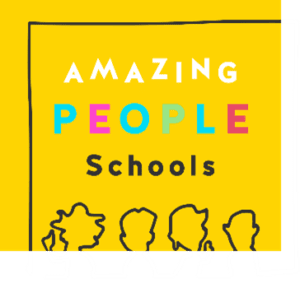 We provide an online suite of character strength development resources that support wellbeing and positive education. Teachers and students can select from the life stories of amazing people as role models, from whom they wish to learn vital life skills that will enable them to flourish and reach their own true potential. This website is located at www.amazingpeopleschools.com
We provide an online suite of character strength development resources that support wellbeing and positive education. Teachers and students can select from the life stories of amazing people as role models, from whom they wish to learn vital life skills that will enable them to flourish and reach their own true potential. This website is located at www.amazingpeopleschools.com
These exemplars and the linked resources provide students with inspiration to develop their own purpose in life.
I like to encourage students to celebrate the ‘can do’ people from all walks of life. In the process, students can develop their own purpose and ‘can do spirit,’
In short, students can to go into their community and interview people who work in hospitals, aged care, voluntary organizations, the fire service, shops, factories, and other places, to learn how they are contributing to their community.
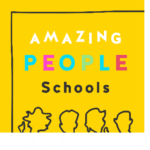
We provide an online suite of character strength development resources that support wellbeing and positive education. Teachers and students can select from the life stories of amazing people as role models, from whom they wish to learn vital life skills that will enable them to flourish and reach their own true potential. This website is located at www.amazingpeopleschools.com
These exemplars and the linked resources provide students with inspiration to develop their own purpose in life.
I like to encourage students to celebrate the ‘can do’ people from all walks of life. In the process, students can develop their own purpose and ‘can do spirit,’
In short, students can to go into their community and interview people who work in hospitals, aged care, voluntary organizations, the fire service, shops, factories, and other places, to learn how they are contributing to their community.
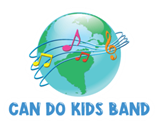 We have developed an innovative education music-led approach for Primary level students. This is based on the importance of learning through music, songs and dance. This is available at www.candokidsband.com
We have developed an innovative education music-led approach for Primary level students. This is based on the importance of learning through music, songs and dance. This is available at www.candokidsband.com
The focal point is a virtual music band of five students who hail from India, South Africa, Australia, USA and China. They are exemplars of intercultural education. As the Can Do Kids Band, they visit countries around the world, and learn by following the music of the people in different communities.
The songs and dances in each country illustrate the social history and life. Through music, students learn about the different ways of life in Brazil, France, Japan, Mexico, Egypt, and many other countries.
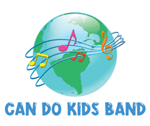
We have developed an innovative education music-led approach for Primary level students. This is based on the importance of learning through music, songs and dance. This is available at www.candokidsband.com
The focal point is a virtual music band of five students who hail from India, South Africa, Australia, USA and China. They are exemplars of intercultural education. As the Can Do Kids Band, they visit countries around the world, and learn by following the music of the people in different communities.
The songs and dances in each country illustrate the social history and life. Through music, students learn about the different ways of life in Brazil, France, Japan, Mexico, Egypt, and many other countries.
It is important that students meet in small groups of three or four to discuss each country and the culture of the communities.
The questions we suggest for discussion are –
A. What aspects of the country you ‘visited’ with the Can Do Kids Band interested you and why? For example, what do you like or dislike about their music, their food, their sports, their climate, and their way of life?
B. What did you learn about yourself? Would you like to visit the country, and if so, why?
By understanding amazing people, both past and present, students can learn more about their own identity and interests. By making virtual visits to different countries, students can learn about how their own culture compares to others.
In the process, they can see how those who have a strong personal purpose are motivated. They can also see how a strong purpose supports one’s wellbeing.
We focus on learning via interaction. In that way, students can develop their own understanding of the ‘Can Do Spirit.’ We encourage students develop their own purpose, and how to share it with others who can provide support.
The education website resources help students learn about people and places. In particular, we ask them to look at the ways and means amazing people succeeded, and to develop their own plans and priorities. In that way, students can take their learning journeys beyond school subjects and become active life-long learners with purpose.
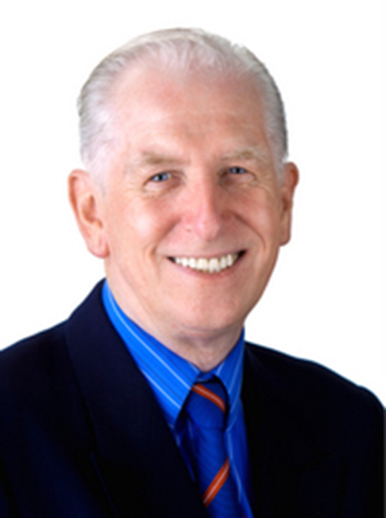
Dr Charles Margerison, President and founder of Amazing People Worldwide, is a Psychologist. He is also President of Amazing People Schools. Dr Margerison has consulted widely for major organizations in the fields of organizational and educational psychology. He was previously Professor of Management at Cranfield University, UK, and the University of Queensland, Australia. He founded Amazing People Worldwide in 2006 and is supported by a dedicated global team. He previously co-founded Emerald Publications, and Team Management Systems and has authored more than 30 books. Dr Charles is also the creator of ‘Can Do Kids Worldwide, a virtual music group that helps students to learn about countries and cultures through music. He has also developed Imagineland, for early learners. You can follow him on Linked in .
For more information, please email info@amazingpeopleworldwide.com
Websites:



Copyright © 2021. Amazing People Worldwide.
All Rights Reserved.
This site is protected by reCAPTCHA and the Google
Privacy Policy and Terms of Service apply.



